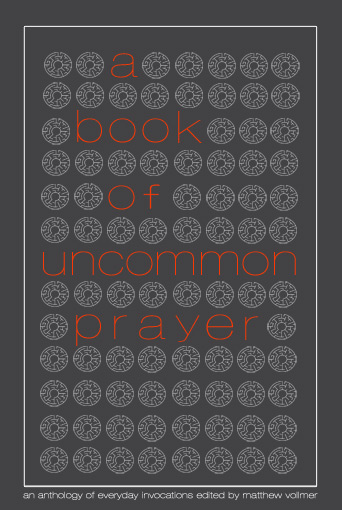In light of the inauguration of an American president with a now-indisputable fascist bent, I’ve put together a reading list for a Trump presidency. These books are either lesser-known or often pigeonholed in other niches -there are a few of these kinds of lists going around, so I’m trying to offer some suggestions that might be a bit more novel.
Abolition Democracy: Angela Davis’s very long-form interview. A manifesto for most political realities, especially relevant now.
Bad Feminist: Roxane Gay’s essay collection, dealing with race and gender and the intersection of the two.
Notorious RBG: Ruth Bader Ginsburg is a stone cold bad ass.
Long Way Gone: The memoir of a former child soldier from Sierra Leone, a story that speaks to the physical and psychological realities faced by children living in constant war.
Behind the Beautiful Forevers: Why families migrate, how they seek to survive in extreme poverty and in adverse surroundings.
Notes From No Man’s Land: Essays on how America has handled race, on NAFTA, and one absolutely brutal essay I’ve taught many times about lynching and telephone poles.
Fun Home: One of the best graphic memoirs I’ve read, addressing gender, sexuality, suicide and mental health, and how all of that shit mixes together in the USA
Play It As It Lays: Joan Didion’s crushing novel on the experience of a woman who is tired of living in a certain kind of male reality.
The Bell Jar: A good poet’s excellent novel. Gender, femininity, mental health, and a seemingly intractable fortresses of sexism.
The Demon-Haunted World: The King of Nerds explains why we all need to science way harder.
MAUS: Because this shit has happened before.
Slaughterhouse-Five: Because war sucks, and children wind up with the heaviest shit piled on them.
The Pillowman: A Fascist police state that pretends to care about children and tries to censor artistic expression. Imagine that.
Animal Farm: A pig that superficially resembles a human fucks everyone over in order to obtain an unprecedented and obscene amount of power, then continues to fuck over everyone, especially those who have worked very hard in his service, so as to make himself more comfortable and to further cement his power.









